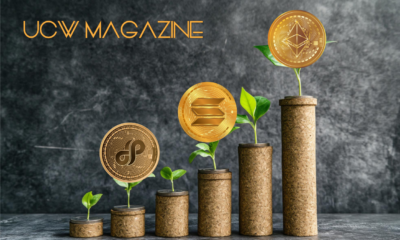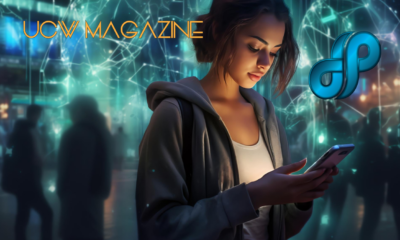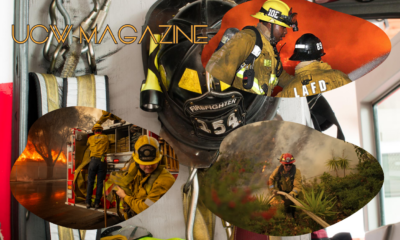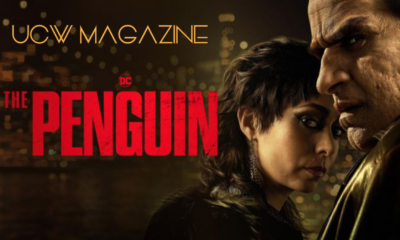In The Pages
The Silver Screen’s Digital Revolution, is AI Hollywood’s Best Kept Secret?

In an industry renowned for its glitz, glamour, and relentless pursuit of the next blockbuster, artificial intelligence (AI) is emerging as the unexpected co-star that could redefine how movies are made. The integration of AI into film production has sparked passionate debates about its implications, yet its potential to democratize the industry, cut costs, and elevate storytelling cannot be ignored. Is this the future Hollywood needs, or are we risking its artistic soul?
Let’s play devil’s advocate
Traditionally, creating a large-scale production involves ballooning budgets, often inflated by costly sets, special effects, and high-paid talent. AI, however, presents a game-changing alternative. From generating photorealistic backdrops to automating post-production tasks like color grading and sound editing, AI slashes overhead costs without compromising quality.
This cost-efficiency opens doors for indie filmmakers and smaller studios, enabling them to compete with industry giants. A director with a vision but limited resources could now bring that vision to life with tools that once required multimillion-dollar budgets. AI-driven advancements also mean studios can reinvest savings into nurturing fresh talent, fostering a new era of creativity and innovation.
The Talent Equation: Opportunity for New Faces
The reliance on marquee actors to draw audiences has long been a double-edged sword for studios. While household names bring star power, they also command sky-high fees. AI could shift this dynamic by enabling more realistic virtual characters or by reducing the need for A-list actors to carry an entire production.
This isn’t about replacing actors—it’s about recalibrating the industry. High-paid stars may need to accept lower rates in an increasingly competitive landscape, creating room for up-and-coming talent to shine. AI can help cast virtual doubles or enhance performances, allowing lesser-known actors to hold their own in blockbuster roles.
The result? A more inclusive industry that values skill and potential over name recognition.
The Indispensable Storytellers
If actors are the face of cinema, writers are its soul. AI may excel at generating ideas, crafting dialogue, or even suggesting plot twists, but it lacks the human touch—the empathy and nuance that connect stories to audiences on a visceral level. Talented writers are irreplaceable, as they weave narratives that resonate across generations.
However, writers stand to benefit from AI as a collaborator rather than a competitor. By automating repetitive tasks like formatting scripts or researching historical details, AI can free writers to focus on what they do best: storytelling. Think of it as a digital assistant that enhances creativity, providing a springboard for ideas rather than a substitute for imagination.
More Quality, More Jobs
AI’s integration into movie production could lead to a surge in content creation, benefiting everyone in the industry. Production companies could churn out high-quality films and shows at a faster pace, ensuring steady work for actors, writers, and behind-the-scenes crews.
Technological roles will also expand, as AI specialists, animators, and digital artists become critical components of the creative process. This evolution doesn’t just create jobs—it redefines them, blending traditional craftsmanship with cutting-edge innovation.
A New Era for Hollywood?
Critics argue that relying on AI risks losing the human touch that makes cinema so powerful. But history shows that innovation doesn’t destroy artistry; it enhances it. Just as sound revolutionized silent films and CGI transformed visual storytelling, AI could usher in a new golden age of cinema.
By lowering costs, democratizing access, and fostering innovation, AI has the potential to make Hollywood more inclusive and imaginative than ever before. The key lies in balance: leveraging AI’s strengths while honoring the human creativity that has captivated audiences for over a century.
The silver screen’s digital revolution is here. Will Hollywood embrace it as a partner in storytelling or resist it as a threat to tradition?
One thing is certain, this is a plot twist that has been coming for some time and the next act promises to be one of its most intriguing yet.
Janine Partis
UCW Magazine
































